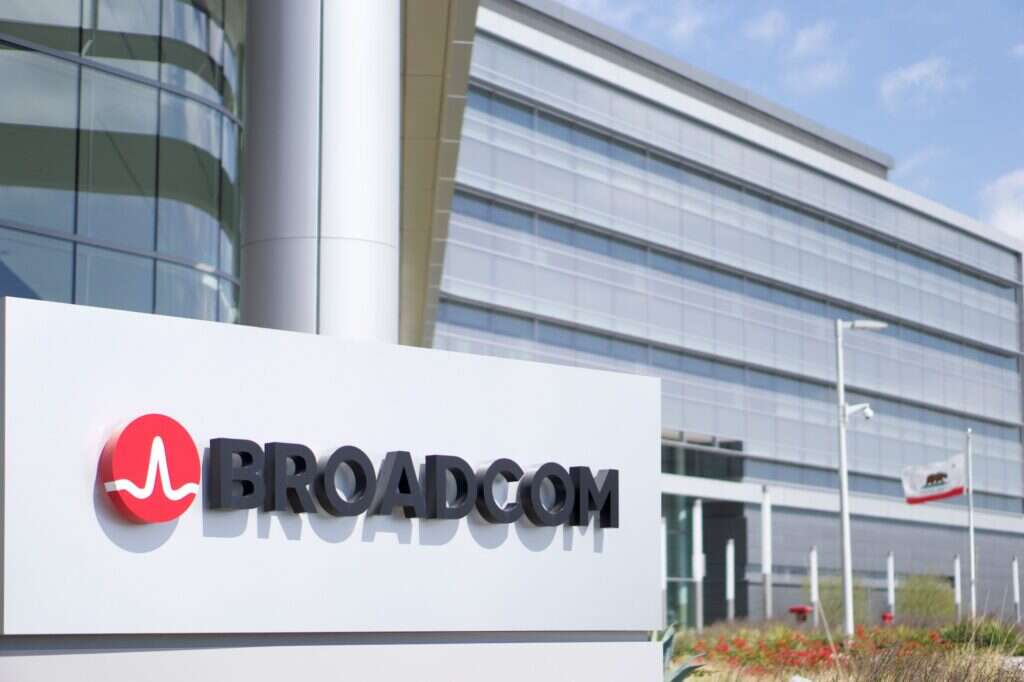
The UK Competition Markets Authority (CMA) has given chip maker Broadcom permission to complete its $61bn bid to take over virtualisation company VMware. The decision follows an extensive investigation by the regulator into the potential market impact of the takeover. In its final report, the CMA concluded that the deal ‘would not substantially reduce competition in the supply of server hardware components in the UK.’

Broadcom announced its intention to purchase VMware last May, but has faced investigations from regulators around the world following opposition to the prospective acquisition from other tech companies and VMware customers, some of which have raised concerns they may be forced to purchase Broadcom products if the acquisition is completed.
The CMA gave the deal provisional approval in July after considering whether it could harm innovation. In its investigation, the agency also explored whether Broadcom’s rivals would need to share commercially sensitive information with VMware to ensure their hardware was compatible with the company’s software, thereby potentially giving Broadcom access to this valuable data.
Announcing the final approval following a supplementary ‘Phase 2‘ inquiry, the CMA said its latest investigation into the impact of a proposed takeover included new evidence from Broadcom on competition risk, as well as stakeholder feedback. An independent review panel decided the purchase of VMware would not substantially reduce competition.
One of the biggest concerns raised by customers was that the deal could harm rivals if Broadcom had VMware prioritise its own products. The independent panel felt that the financial benefit of doing this for Broadcom would not outweigh the financial impact of lost business.
“Broadcom and VMware are US-based companies supplying hardware and software used by thousands of businesses and public bodies in the UK,” said Richard Feasey, chair of the independent panel carrying out the Phase 2 inquiry. “Even if the UK market represents a small proportion of total sales in a merger, the CMA’s job is to scrutinise deals like this thoroughly to ensure they don’t harm competition in the UK. In this case, having carefully considered the evidence and found no competition concerns, we have concluded the deal can go ahead.”
Diversify portfolio
The massive deal is thought to be part of an attempt on the part of Broadcom to diversify its portfolio. With more than 500,000 customers and annual revenue of $13.35bn, it would deliver a considerable boost to the chipmaker’s bottom line. It is expected Broadcom will accelerate VMware’s move to a service model, away from traditional software licensing, should the takeover go through.
Regulators have been queuing up to look at whether the deal would have a negative impact on customers, and last week’s decision by the EU to approve the acquisition was a major step forward. To satisfy the demands of Brussels, Broadcom had to make guarantees of interoperability for VMware software with chips from rival businesses such as Marvell Technology.
After the EU decision was announced last week, a Broadcom spokesperson said the company “looks forward to continuing to work constructively with regulators around the world.”
Alex Haffner, competition partner at legal company Fladgate, told Tech Monitor that the fact the deal was given an “unconditional thumbs up” from the CMA was noteworthy. This, he continued, runs counter to the attitude of the European Commission toward Broadcom’s proposed takeover of VMware, which required the former to make certain interoperability commitments before the deal was approved by the regulator in July. This included allowing rival Marvell access to information needed to ensure its adaptors could operate in conjunction with VMware’s software.
“As such, it is a useful riposte to arguments which have received a very public airing in the context of the CMA’s oversight of the Microsoft/Activision merger that the CMA is not sufficiently flexible to deal with technology-based transactions and their likely impact on competition,” argues Haffner. “Attention now inevitably turns to that case, with the CMA in the process of finalising a consultation on whether it can accept some new form of deal terms allowing it to clear the deal.”






